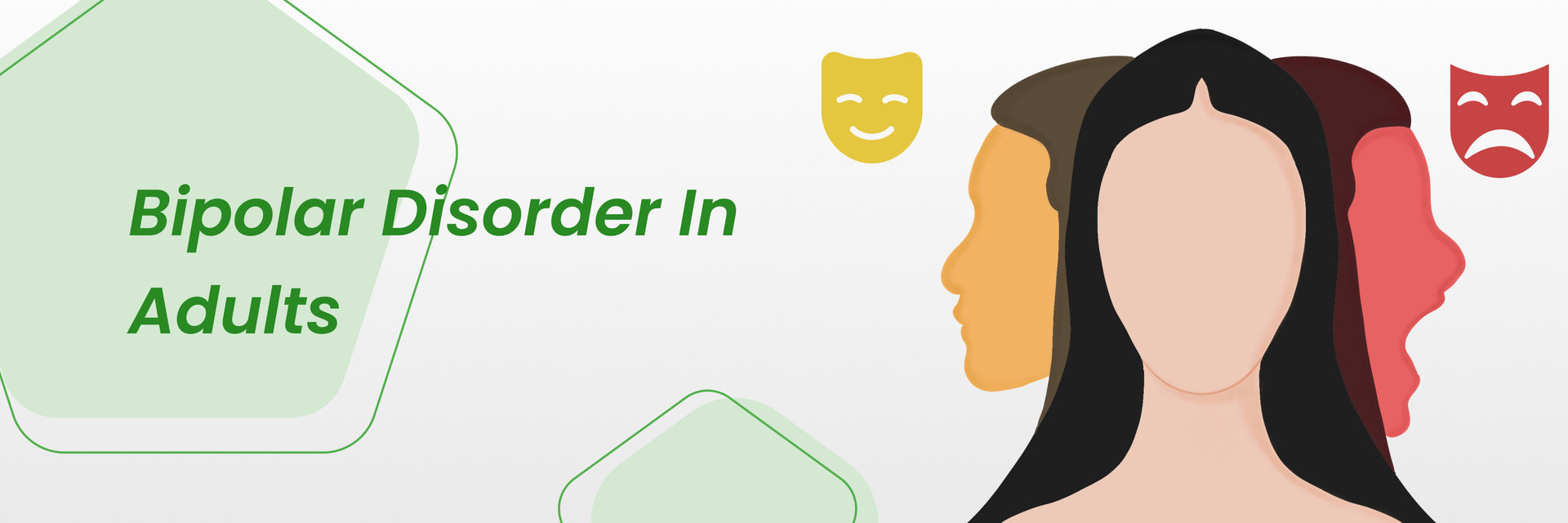Undergoing a hysterectomy, the surgical removal of the uterus can be a life-altering procedure for a woman. It often addresses severe medical conditions like uterine fibroids, endometriosis, or cancer. But, the emotional aftermath can be profound. One significant concern is the potential onset of depression after a hysterectomy. Depression involves long-lasting sadness and hopelessness. It also involves a lack of interest or pleasure in activities once enjoyed.
Dr. Himali Maniar Patel, gynecologist and obstetrician in Ahmedabad, says, "Hysterectomy can trigger feelings of loss, grief, and even identity issues for some women, leading to depression or anxiety. Additionally, hormonal fluctuations post-surgery can further contribute to mood changes. It's essential for patients to receive comprehensive support and counselling both before and after a hysterectomy to address these emotional challenges effectively."
Understanding the link between the procedure and depression involves exploring how the body and mind react. This is due to the removal of the uterus and, in some cases, the ovaries. Hormonal fluctuations, the sense of loss, and the stress of recovery are all pivotal as they play key roles in this complex interplay. This mental health challenge can arise due to many factors.
If you or a loved one are experiencing symptoms of depression, don’t wait. Book your appointment with the psychiatrist today for the support and guidance you need.
Ever wonder why feelings of sadness surface after a hysterectomy? Keep reading to uncover why and how you can navigate these emotional shifts effectively.
What is the risk of depression after hysterectomy?
The risk of developing depression after a hysterectomy varies among individuals. Studies suggest that women who have a hysterectomy have a higher risk of depression. This is especially true for those who have their ovaries removed. Pre-existing mental conditions can increase the risk. So can the reason for the surgery and the person's support system. Research indicates that up to 20% of women may experience depression following a hysterectomy, with the risk being more pronounced in younger women and those undergoing the procedure for non-cancerous conditions. Recognizing these risk factors is essential for early intervention and support.
Why does hysterectomy increase the risk of depression?
Several factors contribute to the increased risk of depression after a hysterectomy.
- Hormonal changes are the main cause. This is especially true if the ovaries are removed. This leads to a sudden drop in estrogen and progesterone levels. These hormones greatly affect mood. Their sudden drop can cause depression.
- Also, losing the uterus can hurt psychologically. The uterus is linked to femininity and fertility. It can lead to grief and loss. This impact can be very intense for younger women.
- Physical pain, recovery challenges, and changes in body image also cause emotional distress.
Understanding these factors helps in developing targeted strategies to support mental health post-surgery.
Feeling Overwhelmed? Keep scrolling down and understand how you can manage depression after hysterectomy.
How can you manage depression after hysterectomy?
Medical intervention: Consult healthcare providers to discuss the possibility of therapy or medication.
Hormone Replacement Therapy (HRT): Discuss with your doctor if HRT suits you. It can help balance hormones that impact your mood.
Physical Activity: Regular exercise, such as walking, yoga, or other physical activities, boosts mood and overall health.
Healthy Lifestyle: To support your body's well-being, ensure a balanced diet and adequate sleep, and limit alcohol intake.
Mindfulness and Relaxation Techniques: Practices like meditation, deep breathing, or progressive muscle relaxation can reduce stress and improve your mental state.
Social Support: Lean on family and friends for support. Sharing your feelings can be very therapeutic.
Dr. Vikas Patel, Psychiatrist in Ludhiana said, "In managing depression following hysterectomy, a psychiatrist focuses on providing holistic care that addresses both the emotional and physical aspects of recovery. This may involve psychotherapy to explore and process feelings of loss, grief, and identity changes associated with the surgery. Additionally, medication management may be considered to relieve symptoms of depression and stabilize mood."
Long-term psychological effects of a hysterectomy
Emotional Challenges: Feelings of loss or changes in identity may occur.
Mood Disorders: Increased risk of depression and anxiety post-surgery.
Body Image: Surgery can impact self-esteem and body perception.
Sexual Health: Potential changes in libido and sexual function.
Stress Management: Challenges in handling stress due to hormonal and recovery factors.
Support Needs: Ongoing emotional support is essential for mental well-being.
But wait, there’s more: Learn how hormone replacement therapy might be the answer and know about its benefits and risks as a possible solution for your symptoms.
Can hormone replacement therapy help post-hysterectomy depression?
Hormone replacement therapy (HRT) can help some women. They are experiencing depression after a hysterectomy, especially if their ovaries are removed. HRT involves adding estrogen or a mix of estrogen and progesterone to the body. This counters the hormonal imbalance from the surgery. This can help stabilize mood swings and reduce depressive symptoms. However, HRT is not for everyone. You should discuss it with a gynecologist. They can help weigh the benefits against risks. For example, there is a higher risk of certain cancers or heart issues.
Conclusion
Depression after hysterectomy is a significant concern that requires attention and proactive management. Understanding the risk factors and causes of post-hysterectomy depression can empower women. They can then seek appropriate support and interventions for the condition's long-term effects. The right strategies include therapy, medication, lifestyle changes, and a strong support system. You can use them to navigate the emotional challenges and to lead a fulfilling life after hysterectomy.
FAQs
Can depression after hysterectomy be prevented?
Prevention may not always be possible. But, early intervention, counseling, and strong support can lower the risk.
How soon after a hysterectomy can depression symptoms appear?
Depression symptoms can start right after surgery. Or, they can develop over several weeks to months.
Can lifestyle changes help manage post-hysterectomy depression?
Yes, regular exercise and a balanced diet can help a lot. Also, enough sleep and stress management. They can greatly improve mood and well-being.
How does the loss of fertility impact mental health after hysterectomy?
The loss of fertility can profoundly impact mental health after a hysterectomy. For many women, the ability to get pregnant and have children is closely tied to their sense of identity and purpose. Losing this capability can lead to feelings of grief, inadequacy, and a sense of loss.






